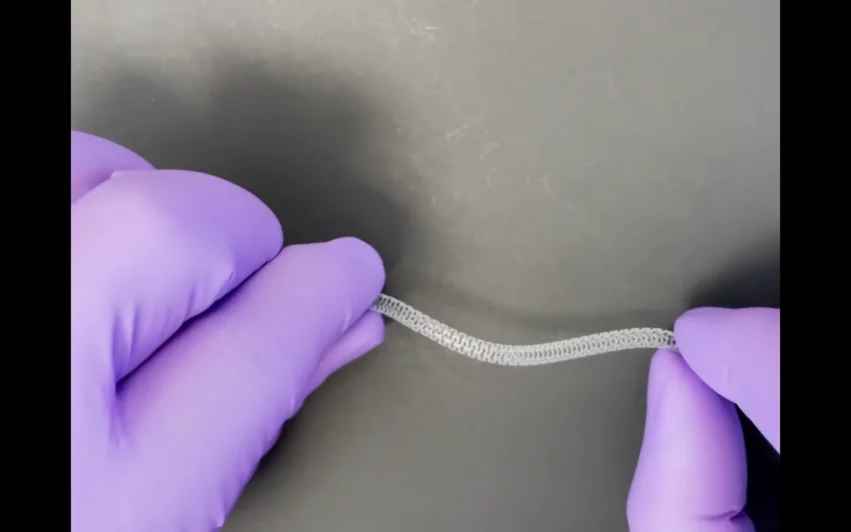Medical device company raises $87M to study new-look scaffolds for BTK PAD
R3 Vascular, a California-based healthcare technology company focused on developing bioresorbable scaffolds for treating peripheral arterial disease (PAD), has raised $87 million in Series B financing. Deerfield Management led the round, with additional investments coming from 415 Capital and a mix of existing shareholders.
A portion of the new funds will be used to study the safety and effectiveness of the company’s Magnitude bioresorbable scaffold in patients with below-the-knee (BTK) PAD. The money will also go toward additional research and development, securing regulatory approvals, ramping up manufacturing and beginning commercialization.
R3 Vascular also used its financing announcement to share another update: veteran medical device executive Christopher M. Owens is the company’s new president and CEO, succeeding founder Kamal Ramzipoor. Ramzipoor will serve as the company’s chief technology officer going forward.
R3 Vascular Scaffold made of an ultra-high molecular weight polylactic acid polymer coated in sirolimus that is aimed at treating peripheral artery disease (PAD). The company says the polymer allows for thinner, stronger and more flexible stent struts than what is currently available on the market. Image courtesy of R3 Vascular Scaffold.
“Chris has extensive experience and a proven track record in building and leading category defining medical device companies,” Jack Springer, R3 Vascular’s executive chairman, said in a statement. “We look forward to his contributions to move the company into its next phase of growth and beyond, while continuing to capitalize on this next-generation bioresorbable scaffold design. We would also like to acknowledge the significant accomplishments of our founder Kamal Ramzipoor who has worked tirelessly to establish R3 Vascular as a leader in the development and manufacturing of fully bioresorbable vascular scaffolds. His expertise and contributions as CTO will continue to shape our technology for BTK PAD as well as for future vascular applications.”
More about R3 Vascular
R3 Vascular developed its sirolimus-coated scaffolds using an ultra-high molecular weight polylactic acid polymer. The company says this new polymer, in addition to the stent’s design and how it is processed, make its offerings “thinner, stronger and more flexible” than what is currently available on the market.
Abbott developed the bioresorbable Esprit everolimus-eluting stent made of polylactic acid, which gained FDA clearance in April 2024 for use in below the knee PAD lesions. Read more.


